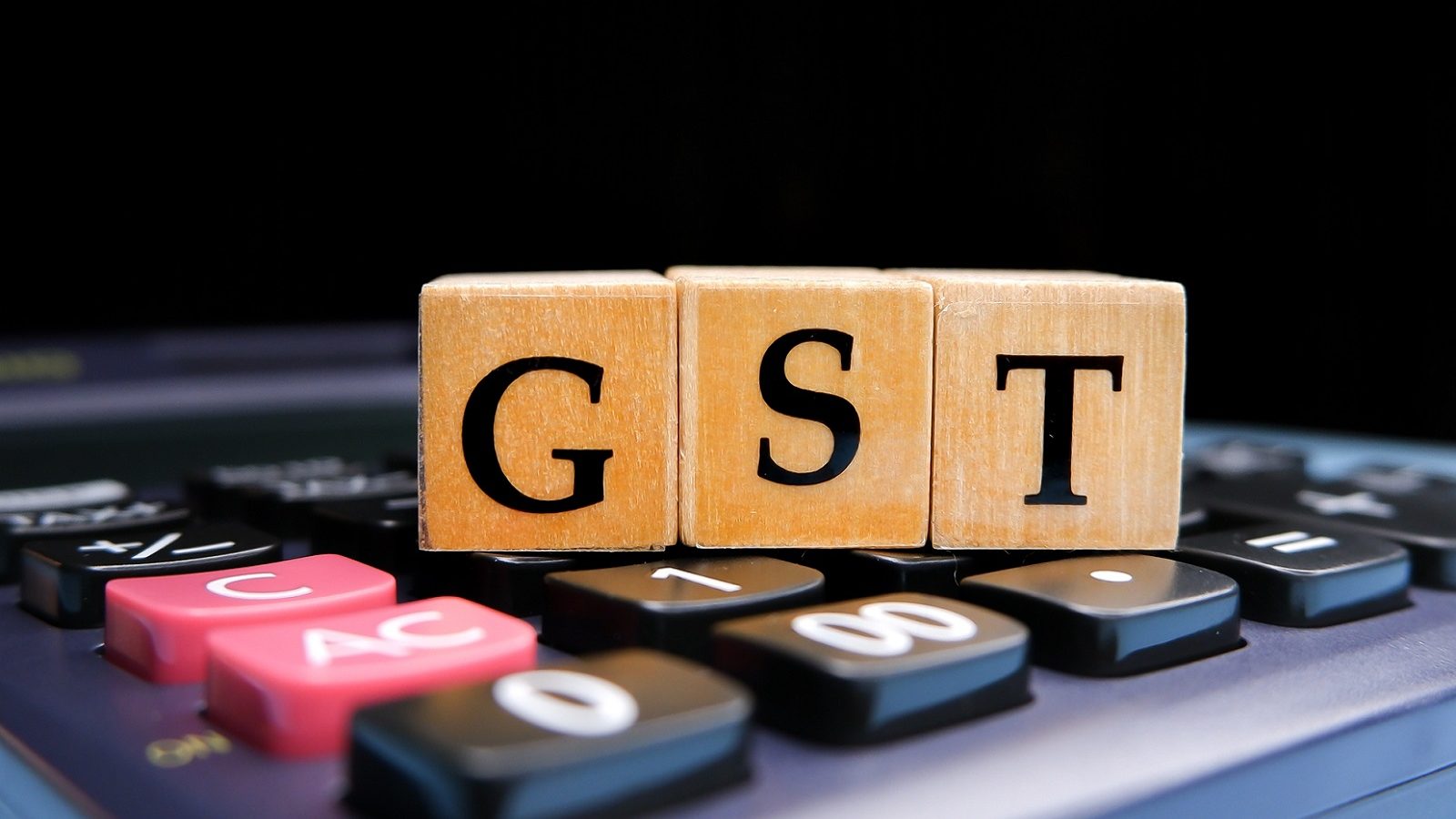GST On Rent: These Tenants Need to Pay 18% Tax On Renting House; Check Details
A GST-registered tenant needs to pay a goods and services tax of 18 per cent for renting a residential property, according to the new GST rules effective from July 18. Earlier, only commercial properties like offices or retail spaces given on rent attracted GST. However, the tenant can claim the GST paid under input tax credit as a deduction.
According to the recommendations of the 47th GST Council meeting, tenants should pay an 18 per cent GST on a reverse charge basis (RCM) and they can later claim it as a deduction under the input tax credit.
Abhishek Jain, partner (indirect tax) at KPMG in India, said, “The new GST rule will increase the cost of every residential rent agreement where the transaction involves a registered person, such as a company or a corporate. The 18 per cent additional cost on the rent could either be borne by the company or the landlord, depending upon the commercial arrangement thereof. Further, input tax credit in respect of such transactions may be sought…on the ground of the said services being for the personal use of the employees.”
The 47th GST Council meeting at June-end decided to accept the group of ministers’ interim reports on the correction of duty inversion and exemption. Pre-packaged and pre-labelled retail packs, including curd, lassi and butter milk, were brought under GST, effective July 18.
The Council also decided to impose a GST of 18 per cent on the fees charged by banks for the issue of cheques (loose or in book form); bring hotel rooms under Rs 1,000 per day under the 12 per cent GST slab as opposed to tax exemption category currently.
Hospital room rent, excluding intensive care unit (ICU), exceeding Rs 5,000 per day per patient will also be taxed at 5 per cent, without input tax credit. The Council also decided to impose a 12 per cent GST on maps and hydrographic or similar charts of all kinds, including atlases, wall maps, topographical plans and globes.
GST on petroleum/ coalbed methane has been increased to 12 per cent, from 5 per cent earlier. The tax on e-waste has also been raised from 5 per cent to 18 per cent. GST exemption on services extended by RBI, Irdai, Sebi, FSSAI and GST has also been withdrawn. The tax on scientific and technical instruments supplied to public funded research institutes has been raised from 5 per cent to the “applicable rate”.
The GST Council also reduced the tax rate on ostomy appliances (including pouch or flange, barrier cream, sleeves, irrigator kit, micro-pore tapes, stoma adhesive paste, belt) from 12 per cent to 5 per cent. It also cut GST from 12 per cent to 5 per cent on orthopedic appliance (splints and other fracture appliances); artificial parts of the body; other appliances which are worn or carried, or implanted in the body, to compensate for a defect or disability; and intraocular lens.
Read the Latest News and Breaking News here
For all the latest business News Click Here

